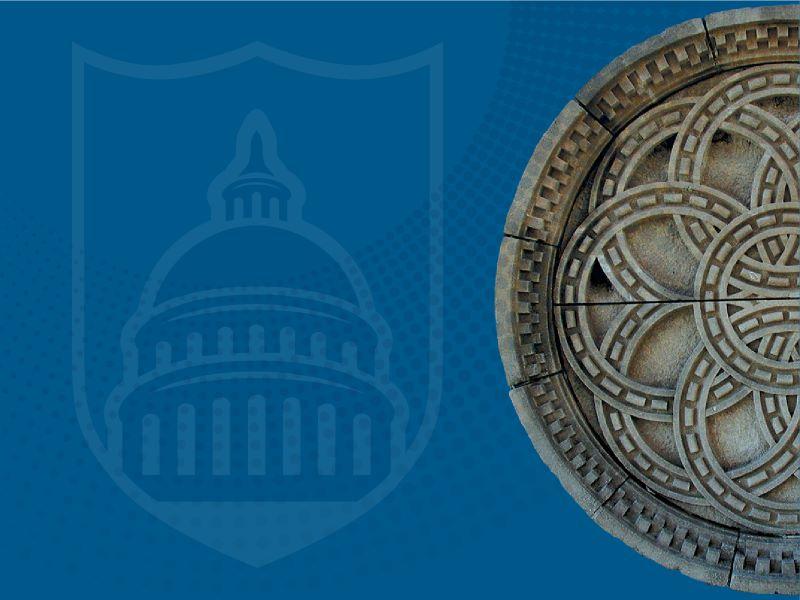CPPR Health Policy Working Group Seminar: JR Ang
The Weekend Effect on Inpatient Outcomes: Evidence from Delayed Procedures in Emergency Admissions
Murphy Postdoctoral Scholar in Economics
More Information
The Murphy Institute's Health Policy Working Group, part of the Center for Public Policy Research (CPPR), is an interdisciplinary network of Tulane researchers and practitioners whose work focuses on a broad range of issues at the intersection of health and the social sciences.
The CPPR Health Policy Seminar Series, organized each semester by Murphy core faculty members Mary Olson, Associate Professor of Economics and Director of the CPPR Health Policy Program, and Kevin Callison, Associate Professor of Health Management and Policy, provides a platform for its members to engage in scholarly exchange and fosters the development of interdisciplinary health policy research. Participants and guest speakers present their latest research and receive feedback from group members.
Ricardo “JR” Ang, a postdoctoral scholar in health economics and policy at The Murphy Institute's Center for Public Policy Research, is an applied microeconomist with research interests in health and urban economics. He studies how hospital constraints, public policies, and technological change shape healthcare delivery, physician workforce capacity, and patient outcomes. His current work is focused on how hospital capacity constraints contribute to treatment delays and how those delays in turn affect length of stay, complication rates, and discharge outcomes, drawing on nationwide hospital data and plausibly exogenous variation in operations.
Another strand of Ang's research explores the Medicaid expansion’s role in addressing physician shortages, showing that the policy increased graduate medical education (GME) funding, which in turn expanded residency training capacity, particularly in high-demand specialties and among large, nonprofit, and urban hospitals. Across these projects, Dr. Ang uses large administrative datasets and causal inference methods to understand how both policy interventions and institutional constraints affect the delivery of care and the health of populations. His research has been presented at national public policy and economics conferences, including those organized by the Association for Public Policy Analysis & Management (APPAM), and the Southern Economic Association (SEA).

